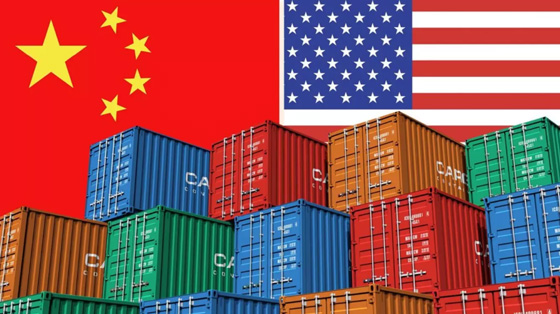
Paul Sedille, Founder, of EurasianVision newsletter
Vasilis Trigkas, Visiting Assistant Professor, Schwarzman College, Tsinghua University
May 04, 2017
As the new U.S. administration has undercut its commitments to multilateral institutions and challenged free trade orthodoxy, China has upgraded its image as a pillar of globalization and doubled down on its Belt and Road Initiative. Amid the ongoing uncertainty for the future of globalization, it is thus possible to understand China’s BRI as part of a formative “Silk Road system,” an emerging economic substructure – “Sino-centric” yet symbiotic to the U.S.-shaped Bretton Woods.

Richard Kozul-Wright, Director, the Division on Globalization and Development Strategies
Daniel Poon, Economic Affairs Officer, the United Nations Conference on Trade and Development
May 25, 2017
China’s experiments with industrial and financial policies may end up providing emerging economies with valuable insight into how to avoid the middle-income trap. But, for a US concerned with its eroding manufacturing base, the lesson is already apparent.

Zhang Monan, Deputy Director of Institute of American and European Studies, CCIEE
May 19, 2017
Giving priority to important institutional innovations and rule-making will not only provide opportunities for promoting China’s industrial capacity cooperation and manufacturing upgrading, but also promote a new round of prosperity-oriented growth for global trade and new globalization.
Stephen Roach, Senior Fellow, Yale University
May 04, 2017
The global economy now appears to be shaking off its deep post-crisis malaise, but the overhyped idea of a “new normal” for the world economy overlooks an extraordinary transformation in the global growth dynamic over the past nine years. It raises profound questions about the efficacy of monetary policy, development strategies, and the role of China.

Zhong Wei, Professor, Beijing Normal University
Apr 28, 2017
Despite China’s struggle to identify new drivers of growth, there are many positive indicators in the economy right now. We should be more result-focused and open-minded about China’s economic pursuit, and be willing to see the positive side while weighing the country’s economic future.
Luo Xi, Research Fellow, Academic of Military Science of China
Apr 28, 2017
With economic interdependence in the era of globalization, and determination by both sides to avoid the Thucydides Trap, it is debatable that the rising power will slide into an inevitable conflict with the established power. But China’s struggle to shift from a labor-intensive economy to one driven by technology and knowledge may make other “traps” irrelevant.
Lawrence Lau, Ralph and Claire Landau Professor of Economics, CUHK
Apr 05, 2017
Lawrence J. Lau reviews the highlights of the nation’s annual NPC and CPPCC meetings to check the health of its economy and society, and finds the progress in both areas encouraging, not least the successes in judicial reform.
Colin Moreshead, Freelance Writer
Mar 31, 2017
President Xi has expressed a desire to uphold and develop the world order. President Xi has expressed a desire to uphold and develop the world order. If Xi is up to the challenge and prevents a breakdown in global trade, China will have will have saved more than its own skin.

Dan Steinbock, Founder, Difference Group
Mar 10, 2017
By the early 2020s, rivalry for innovation will accelerate between the U.S. and China. Ironically, the Trump White House has opted for a poor-economy industrial policy, whereas China has embraced a rich-economy policy.

Richard C. K. Burdekin, Jonathan B. Lovelace Professor of Economics, Claremont McKenna College
Mar 10, 2017
If you ignore the dragon, it will eat you. If you try to confront the dragon it will overpower you. If you ride the dragon, you will take advantage of its might and power.